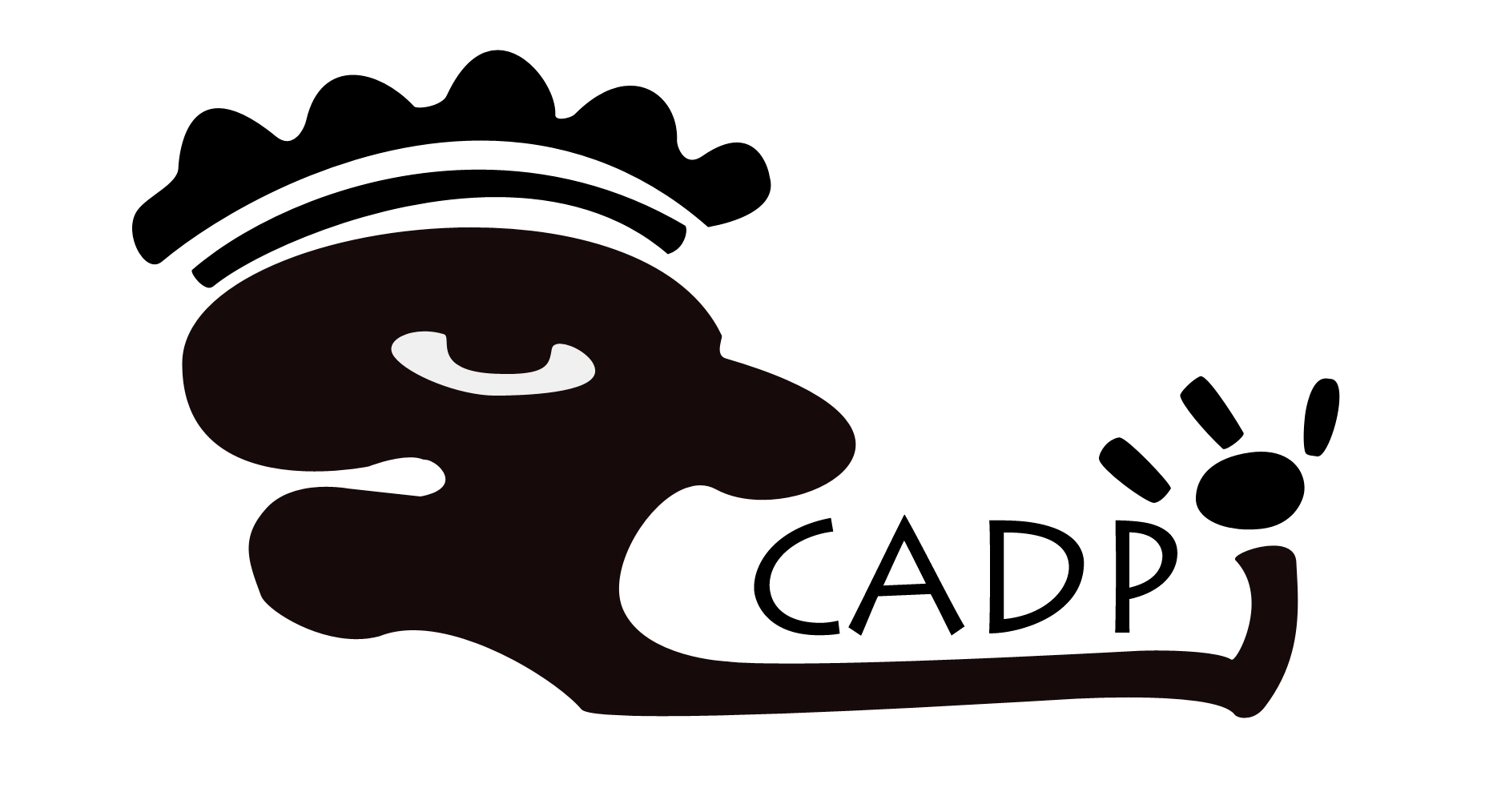International Indian Treaty Council
2940 16th Street, Suite 305, San Francisco, CA 94103-3664 Telephone: (415) 641-4482 Fax: (415) 641-1298
United Nations Expert Mechanism on the Rights of Indigenous Peoples Eighth session July 20 – 24, 2015 Agenda Item 5: Post 2015 development agenda and Indigenous Peoples’ rights
Thank you Mr. Chairman.
The International Indian Treaty Council is one of two Global Organizing Partners, along with Tebtebba Foundation, for the Indigenous Peoples Major Group on the UN Sustainable Development Goals and Post-2015 Development Agenda. On behalf of the Indigenous Peoples Major Group, I share the following statement presently being circulated to Member States at the Intergovernmental Negotiations on the Post-2015 Development Agenda taking place this week at United Nations headquarters in New York.
The current negotiating session in New York represents a final opportunity to affect changes to the proposed outcome document currently entitled “Transforming Our World: The 2030 Agenda for Global Action”. We therefore respectfully request members States present at the EMRIP 8th session to contact their colleagues in New York and urge them to support the recommendations of the Indigenous Peoples Major group and to present them as a priority for inclusion to the session’s co-facilitators.
STATEMENT AND RECOMMENDATIONS OF THE INDIGENOUS PEOPLES’ MAJOR GROUP
Final Draft of the Outcome document for the UN Summit to adopt the Post 2015 Development Agenda: Transforming our World: the 2030 Agenda for Global Action.
July 20, 2015, New York
In the Rio+20, the outcome document “The Future We Want,” paragraph 49, recognizes: “the importance of the participation of indigenous peoples in the achievement of sustainable development” and “the importance of the United Nations Declaration on the Rights of Indigenous Peoples in the context of global, regional, national and sub-national implementation of sustainable development strategies.”
The World Conference on Indigenous Peoples (WCIP), an action oriented outcome document aimed at implementing the principles set forth in the UN Declaration on the Rights of Indigenous Peoples, affirmed that: “indigenous peoples have the right to determine and develop priorities and strategies for exercising their right to development.” (Para. 32.1) The WCIP also committed to “giving due consideration to all the rights of indigenous peoples in the elaboration of the post-2015 development agenda.” (Para.37)
However, the final draft of the Outcome document for the UN Summit to adopt the Post-2015 Development Agenda “Transforming our World: the 2030 Agenda for Global Action” mentions Indigenous Peoples in merely two items (para 22 and 23), as part of the vulnerable groups needing empowerment, and in regards to providing quality education for all. Corollary to these items, we are included only under two targets: Goal 2, where we are identified as among the small scale foodproducers targeted to double their agricultural productivity by 2030 through secure and equal access to land other productive resources, and Goal 4, which addresses equal access to all levels of education. These are not adequate to ensure that indigenous peoples are not left behind as our rights are not fully protected, and our contributions to sustainable development through our sustainable resource management systems are not acknowledged and enhanced.
In particular, we wish to reiterate that the key recommendations of Indigenous Peoples in line with the UN Declaration on the Rights of Indigenous Peoples and the WCIP outcome document for the respect and protection of our rights to land, territories and resources as critical for Indigenous Peoples’ collective survival and development must be included in the Outcome Document and indicators.
We thereby strongly recommend for the inclusion of the following under the section of Our Vision para 8: “We affirm that indigenous peoples have the right to determine and develop priorities and strategies for the exercise of their right to development based on their security to their lands, territories and resources”.
We welcome the inclusion of ethnicity for data-disaggregation and thereby expect states to engage with Indigenous Peoples through effective participatory mechanisms especially at the subnational and national levels in the monitoring and implementation of the targets and indicators of the 17 goals. This is in line with the Outcome Document of the WCIP “to disaggregate data, as appropriate, or conduct surveys and to utilizing holistic indicators of indigenous peoples’ well-being to address the situation and needs of indigenous peoples and individuals” [Para 10].
We also wish to re-iterate that indigenous peoples be included under the section on implementation, para 41:
”….Governments, and the public institutions will also work closely on the implementation with regional and sub-regional institutions, local authorities, international institutions, business and the private sector, civil society, indigenous peoples, academia, philanthropic organizations, volunteer groups and others.”
Under the new Agenda para 18, which refers to human rights, the term “ethnicity” should be included as follows: “it will work to ensure that human rights and fundamental freedoms, religion, culture, ethnicity, migratory status, political or other opinion, national or social origin, economic situation, birth, disability or other status.
Thank you.















